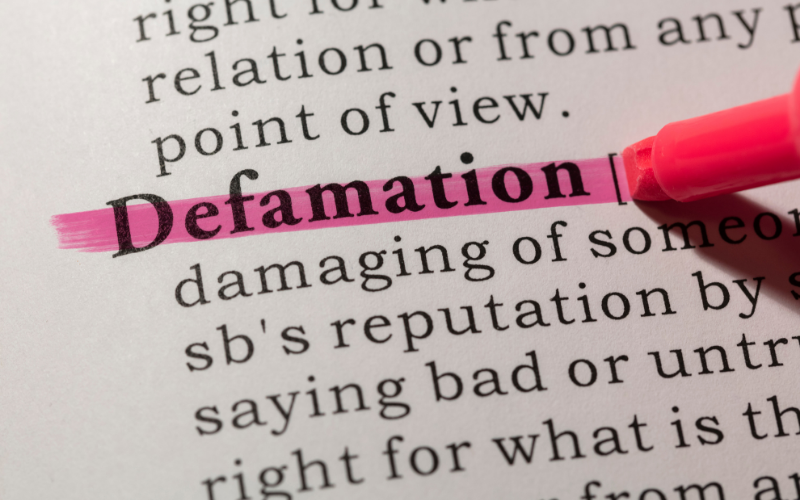A “defamatory statement” is a statement that has been published or communicated to a third party, whether orally or in writing, that tends to injure the reputation of the person to whom it refers; that is, it tends to lower that person in the estimation of right-thinking members of society. If a plaintiff can establish that someone has published a defamatory statement of them, they have been prima facie defamed and their reputation is presumed to be harmed.
If a plaintiff establishes that they have been prima facie defamed, the defendant has the onus on establishing one or more defences to absolve him or her of liability. These defences include the defence of Justification (i.e., the truth), Fair Comment, Qualified Privilege, Absolute Privilege, and Responsible Communication. However, contrary to popular belief, there is no defence of “free speech” to defamation. This was confirmed in the recent decision of West Edmonton Mall Property Inc. v Proctor, 2020 ABQB 161 (the “WEM Decision”).
In the WEM Decision, Justice Mah considered a person’s right to free speech under section 2(b) of the Canadian Charter of Rights and Freedoms (the “Charter”) and whether it can be raised in defamation matters. Justice Mah confirmed that “Charter rights do not give rise to Charter remedies in private disputes” and “can be used as neither a sword nor shield in litigation between private parties”. His Lordship further confirmed that “freedom of expression is not absolute” and “merely invoking one’s right to freedom of expression in Canada does not erect a defence to or grant immunity from an action in defamation”.
Interestingly, the WEM Decision also considered a novel attempt to raise the “Donald Trump Defence”. In this decision, the defendant asserted that her conduct was akin to that of Donald Trump’s, and, due to Donald Trump never being reprimanded for his conduct, the defendant had a licence to defame anyone she wanted to. Predictably, Justice Mah unequivocally denied this as a possible defence to defamation and held that “[t]here is no legal paradox” between Donald Trump’s conduct and the law of defamation in Alberta.




